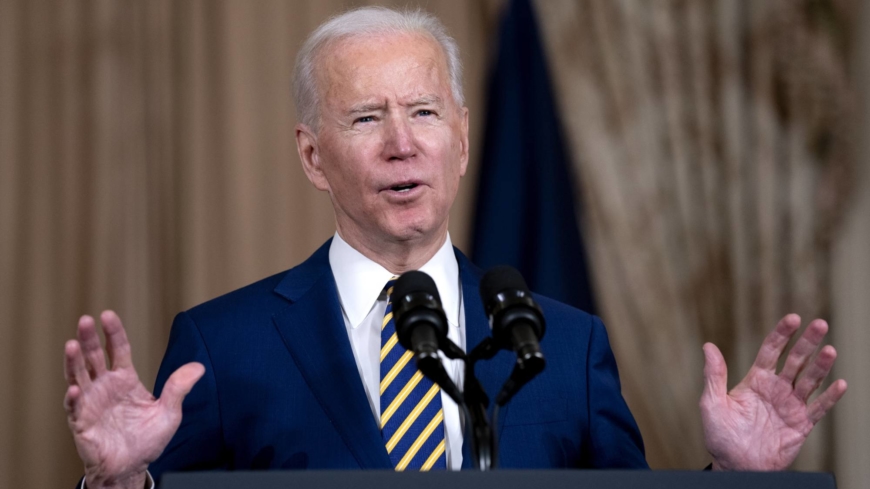The leaders of the Quadrilateral Security Dialogue, often known as the Quad, which brings together India, Australia, Japan, and the United States, will convene a virtual summit on Thursday in the context of the Ukraine crisis and China’s continued aggressive measures across the Indo-Pacific region.
It was announced by the foreign affairs ministry that Prime Minister Narendra Modi, US President Joe Biden, Australian Prime Minister Scott Morrison, and Japanese Prime Minister Fumio Kishida would all participate in a virtual meeting of the Quartet of Leaders.
According to the Ministry of Foreign Affairs, the conference would provide a chance for the leaders to continue their communication after the Quad’s first in-person summit in Washington in September 2021.
Neither the meeting nor the date had been previously set. The next in-person summit of the Quad will be held in Japan somewhere in the first half of 2022, according to the programme. Due to a number of schedule conflicts, the four nations have not yet agreed on a date for this conference to take place.
The statement from the Ministry of External Affairs made no mention of the situation sparked by Russia’s invasion of Ukraine last month, but it is anticipated to be discussed at the next summit. In response to Russia’s activities in Ukraine, Australia, Japan, and the United States have all slapped sanctions on the country.
Initially, India refrained from criticising Russia’s conduct since the country does not have a policy of sanctions. The evacuation of thousands of Indians who are still stuck in combat zones in eastern Ukraine has been the top concern for the Indian government in recent weeks. India, on the other hand, has made a subtle change in recent speeches at the United Nations, in which it has urged for the respect of nations’ sovereignty and territorial integrity.
All votes in the UN Security Council and General Assembly against Russia’s activities in Ukraine were abstained by India, but it has relinquished its demand that a solution to the crisis take into consideration the legitimate security interests of all nations, as it had previously done.

